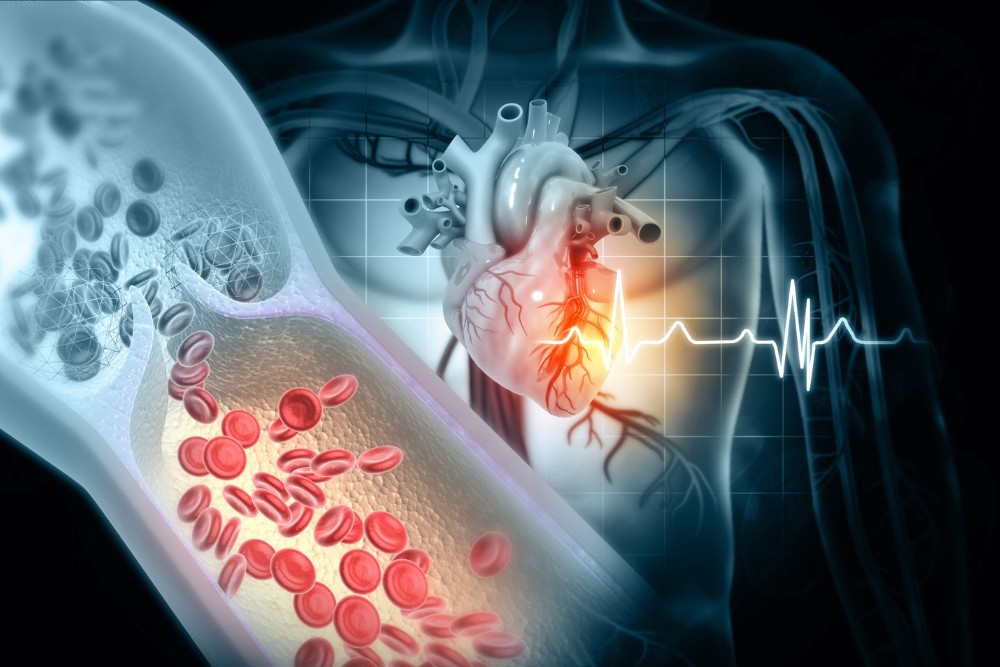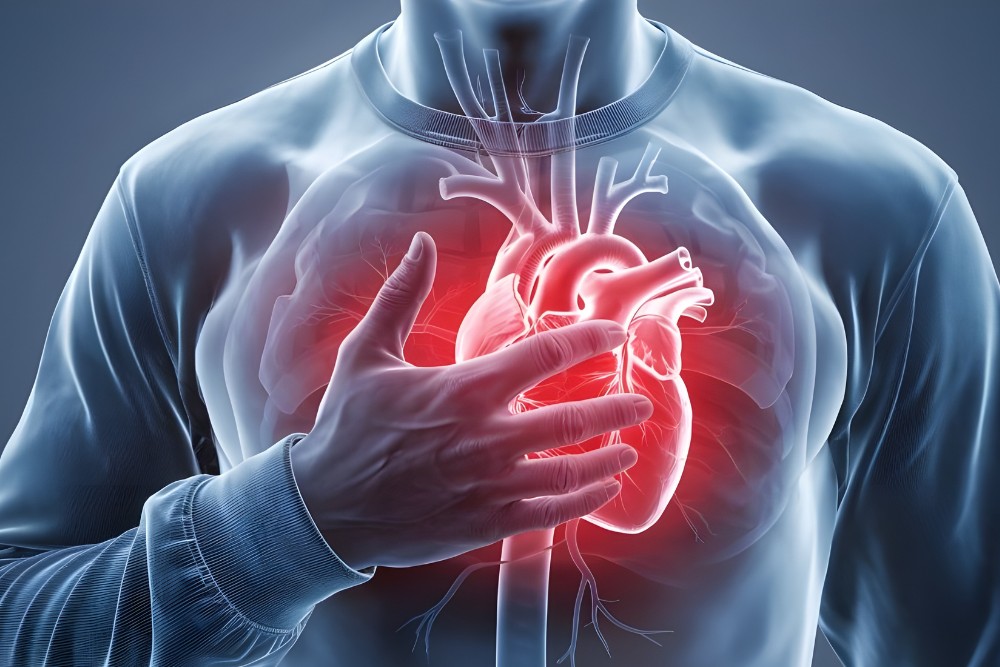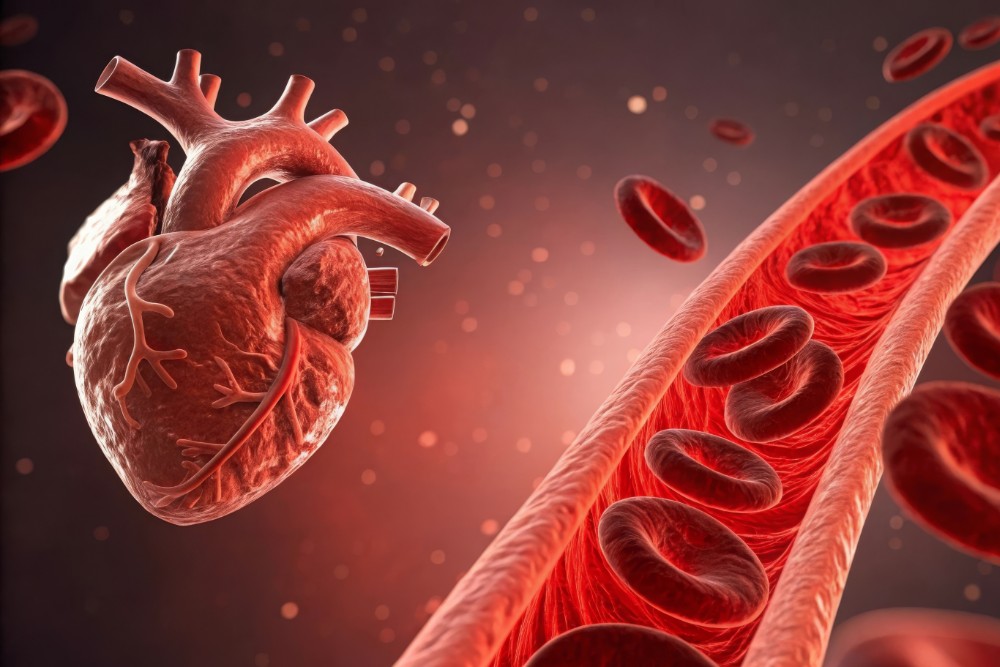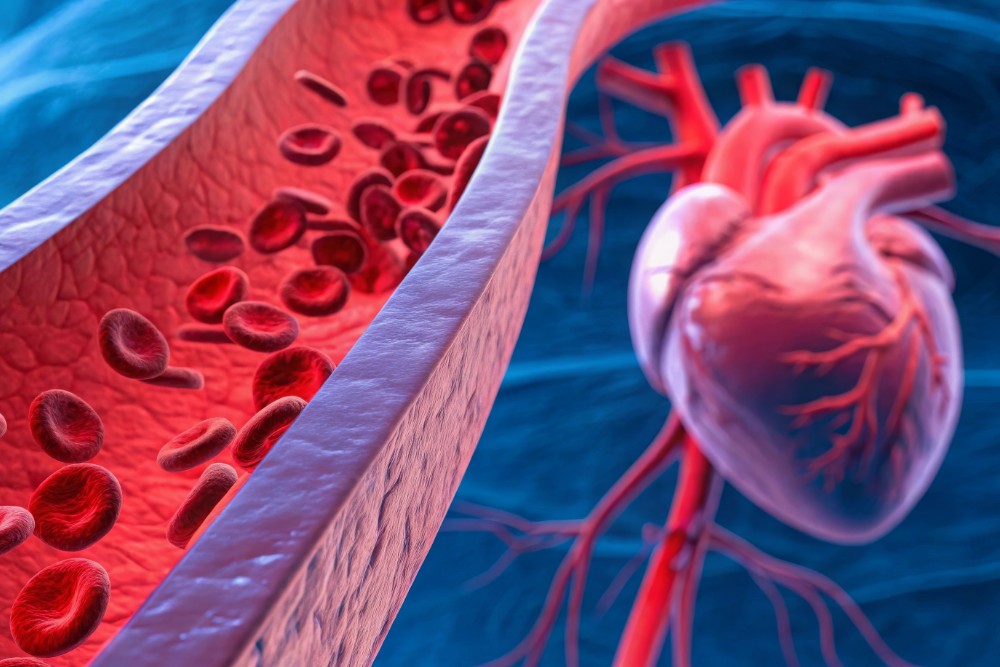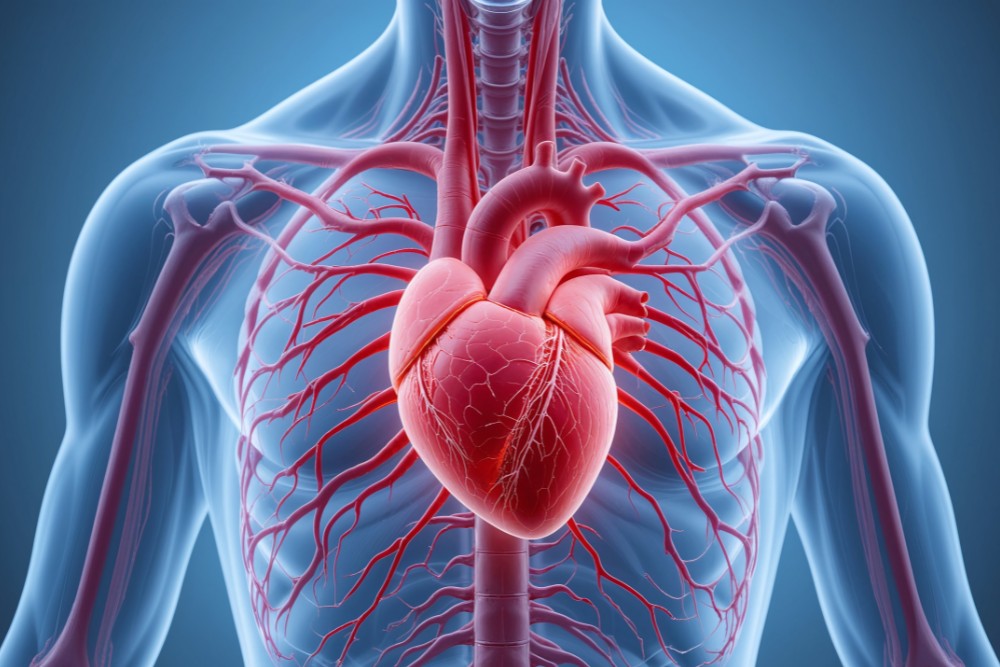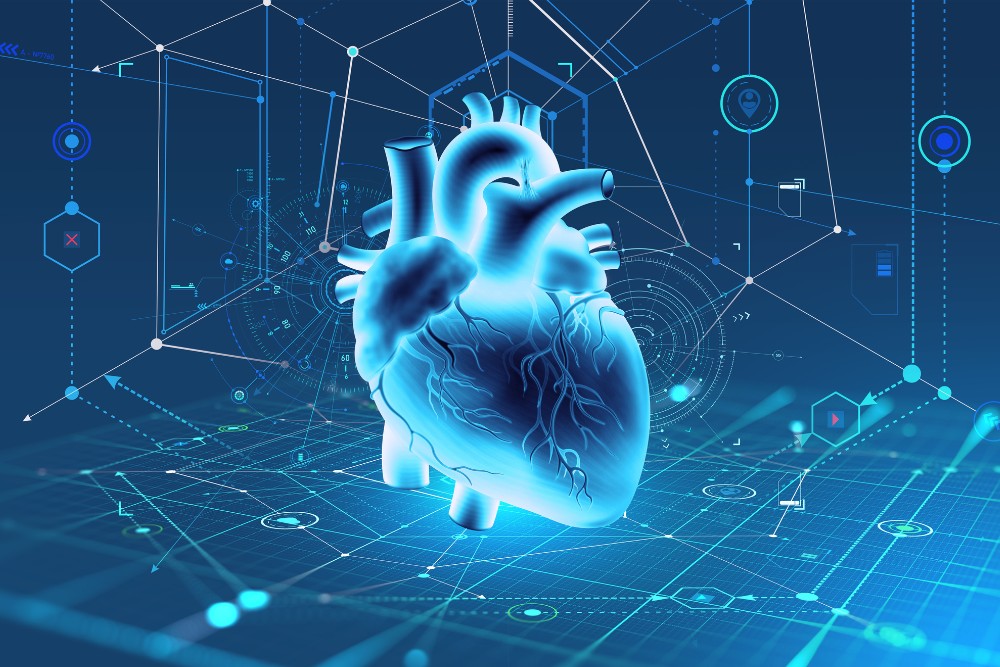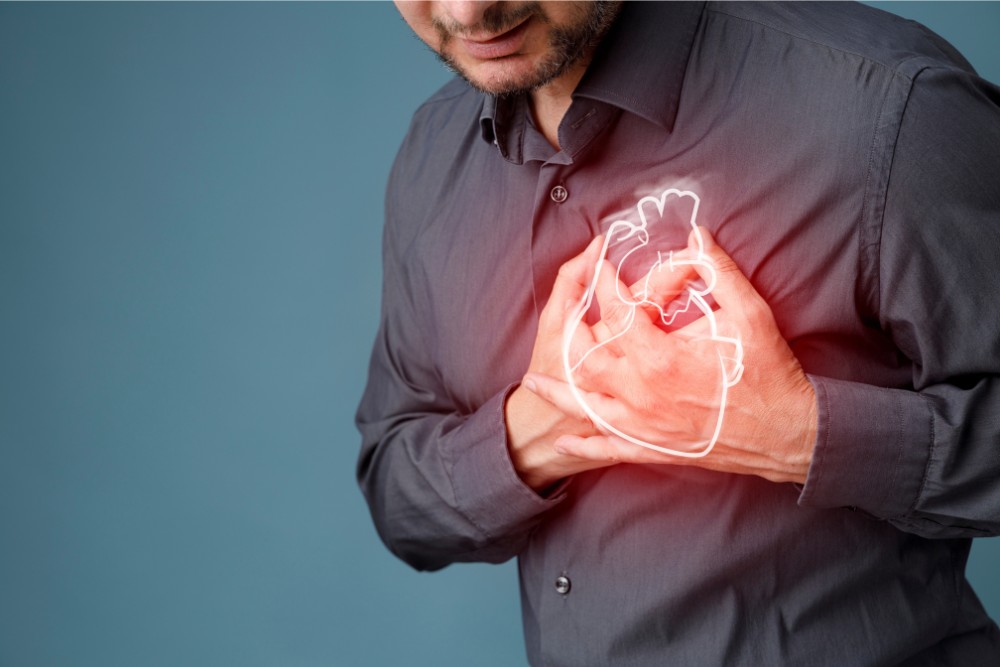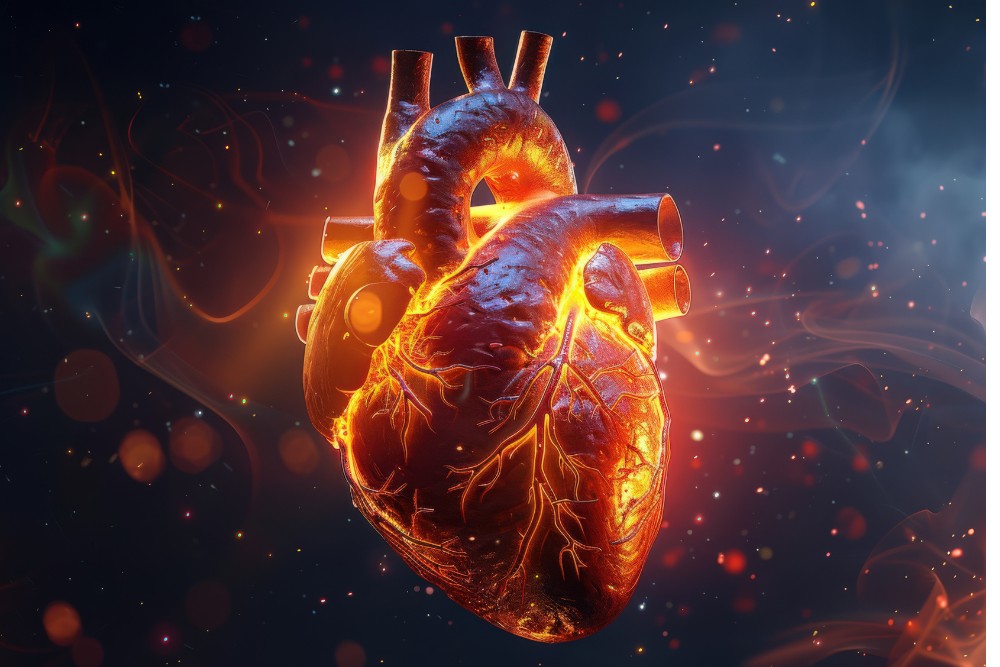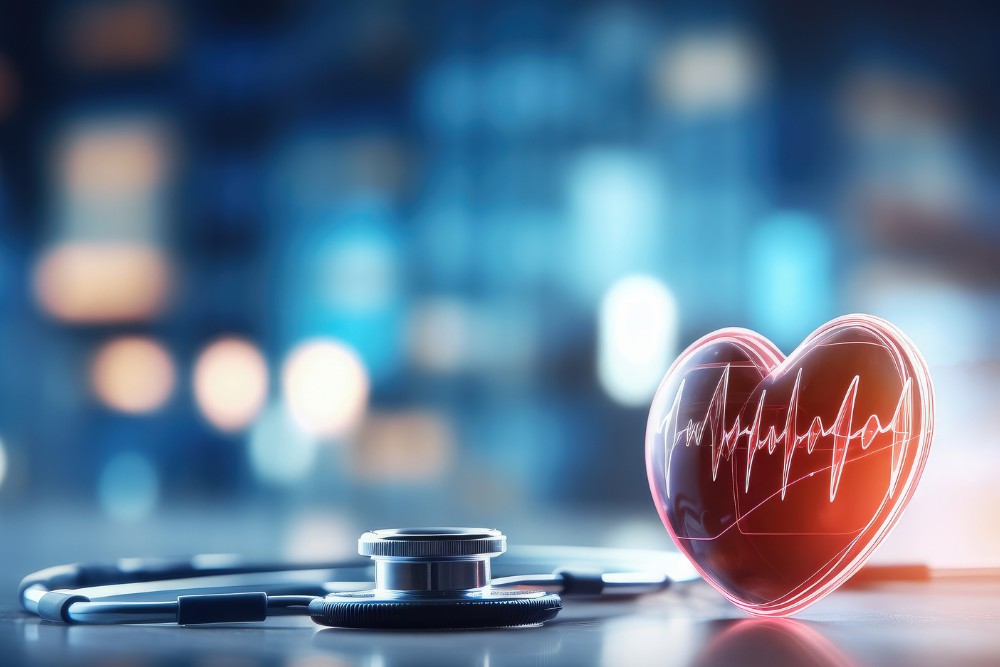Blogs
All (64)
All (64)Lifestyle (3)Diabetes (3)Stem Cells (3)Aneurysms (3)Atherosclerosis (3)cardiac rhythm (1)Cardiac Ischemia (3)Arrhythmogenic Cardiomyopathy (7)Sudden Cardiac Death (1)Myocardial Recovery (4)Hemorrhagic Shock (3)Heart Failure (9)Electrophysiology (2)EKG (1)Cardiogenic Shock (5)Cardiac Metabolism (4)Cardiac Arrhythmia (5)
🔍
How to Recognize Early Warning Signs of Sudden Cardiac Death
How to Recognize Early Warning Signs of Sudden Cardiac Death Sudden cardiac death (SCD) is...
How Genetics Influence Sudden Cardiac Death
How Genetics Influence Sudden Cardiac Death Sudden cardiac death (SCD) is a tragic and often...
Why HFpEF Is Often Misdiagnosed and What Can Be Done to Improve Diagnosis
Why HFpEF Is Often Misdiagnosed and What Can Be Done to Improve Diagnosis Heart failure...
What’s the Difference Between HFrEF and HFpEF? Understanding Two Types of Heart Failure
What’s the Difference Between HFrEF and HFpEF? Understanding Two Types of Heart Failure Heart failure...
What Is Heart Failure with Reduced Ejection Fraction (HFrEF) and How Is It Diagnosed?
What Is HFrEF and How Is It Diagnosed? What Is Heart Failure with Reduced Ejection...
How New Research Is Changing the Understanding of HFrEF
How New Research Is Changing the Understanding of HFrEF Heart failure with reduced ejection fraction...
How Stress Contributes to Cardiac Ischemia
How Stress Contributes to Cardiac Ischemia Cardiac ischemia occurs when blood flow to the heart...
Differences Between Ischemic and Non-Ischemic Heart Issues
Differences Between Ischemic and Non-Ischemic Heart Issues Cardiac ischemia is when the heart muscle doesn’t...
Can cBIN1 Be Targeted for New Cardiovascular Treatments?
Can cBIN1 Be Targeted for New Cardiovascular Treatments? Sixty-four million people worldwide will be affected...

